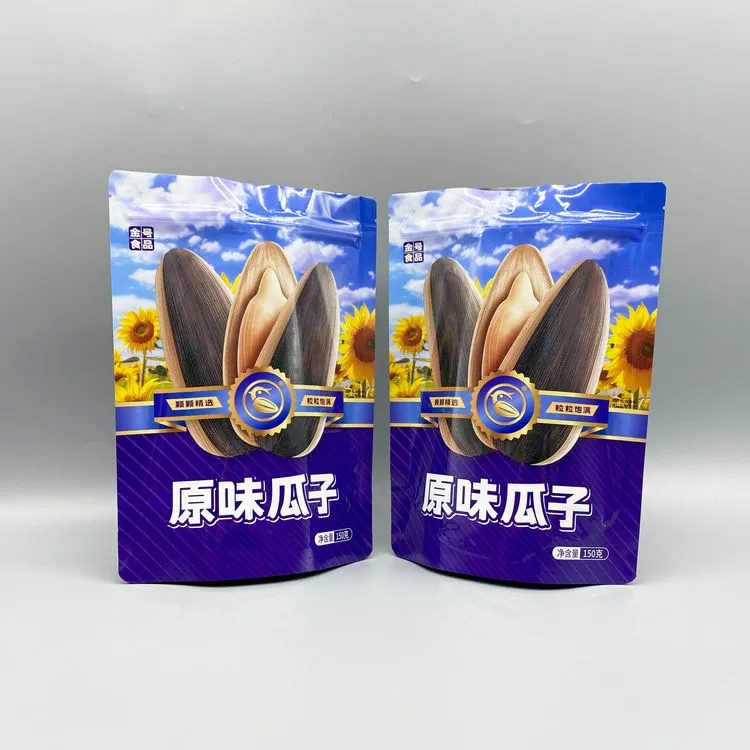...
2025-08-15 03:55
529
...
2025-08-15 03:50
2146
...
2025-08-15 03:37
2270
...
2025-08-15 03:01
1149
...
2025-08-15 02:50
2281
...
2025-08-15 02:41
358
...
2025-08-15 02:16
205
...
2025-08-15 01:54
1834

